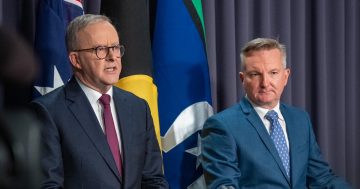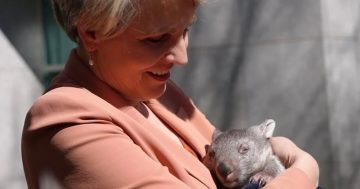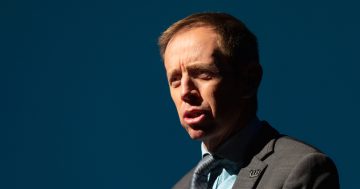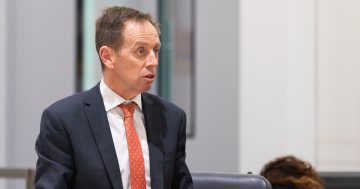
Greens leader Adam Bandt is delivering. Photo: Greens.
The Greens have had a lot to live down after they blew up the Rudd Government’s plan to combat the “greatest scientific, economic, and moral challenges of our time”.
Their decision to join the Opposition and vote down Labor’s Emissions Trading Scheme was an object political lesson in how the pursuit of the perfect can stymie progress even it is incremental and slower than one would like.
It embittered relations between the Greens and Labor and set off a chain of events that contributed to a lost decade when it came to acting on global warming to avoid catastrophic climate change.
For many it was deja vu this parliamentary session when the Greens’ brinkmanship was again on show as they threatened to block Labor’s Safeguard Mechanism Bill unless future oil and gas projects were banned.
At least that was the ambit claim. In reality, it was just a bargaining position, and the bill passed after a deal was struck to set a cap of 1233 million tonnes of carbon dioxide by 2030, effectively imposing a declining annual limit on absolute emissions of about 140 million tonnes.
This will make it much harder, but not impossible, for new fossil fuel projects to come onstream.
The Greens have their “pollution trigger”, and the government can say it hasn’t caved to the push for an outright ban on new gas and coal projects.
Independent Senator David Pocock also got reassurances on the contentious issue of carbon offsets, with companies that use them to meet 30 per cent or more of their requirements having to explain themselves.
By 2027, the Climate Change Authority will also review offsets’ effectiveness.
As usual, the coal and gas industries screamed like it was the end of the world, which for them is the point, but business groups generally said it struck the right balance.
The result was a stronger bill that will do what it is supposed to do – actually cut emissions and help meet the obligations the country has signed up to after years of accounting tricks and inaction.
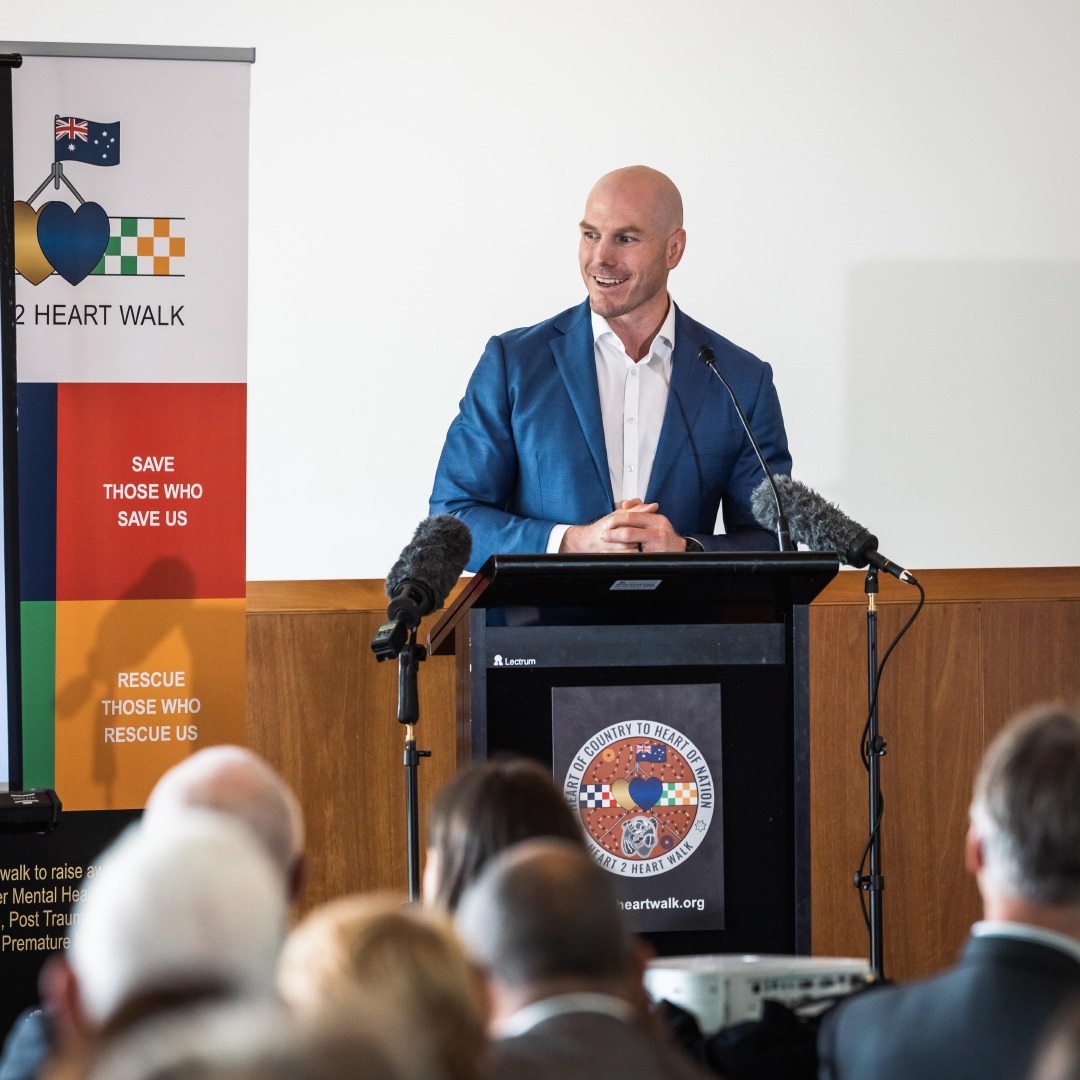
Independent ACT Senator David Pocock is keeping faith with the electorate. Photo: Facebook, Heart 2 Heart Walk 2023.
The Greens and crossbench are also going to the line over Labor’s Housing Australia Future Fund.
They want specific on-budget spending of $5 billion a year instead of using dividends from a $10 billion investment fund that would be subject to the vagaries of the market and limit spending on social and affordable housing to $500 million a year.
The housing crisis is only getting worse and Labor has won praise for actually trying to do something about it, but many feel its approach won’t deliver new homes quickly enough and to those most desperately in need.
Again, the Greens are saying the $5 billion figure is a starting point, so watch this space.
The eye-watering $368 billion nuclear submarines deal has only galvanised housing activists who argue that if Labor can find that amount of money for defence they can find what’s needed to make a real difference in putting affordable roofs over people’s heads.
It also tends to highlight how cautious Labor has been on key issues that helped them win back government.
For many, it is incredibly frustrating to have a Labor government so enthusiastic about Scott Morrison’s pet AUKUS project but not going all in on such existential issues as climate change and housing.
Which is why the Greens and the crossbenchers like Pocock should be congratulated for doing their job and pushing Labor to do more, but also knowing when to accept a deal.
That is the key difference between the Greens of 2009 and now, and that’s crucial because in the end it’s results that matter.
Labor is playing more hard ball on housing but if it wants to retain its credibility on such a signature issue for the party it will look at what else it can do, especially for the growing number of people stuck in rental poverty or even worse putting up tents in city parks.
It may suit Labor to project a sensible, steady-as-she-goes image but these are far from steady times and it will be judged by what it does in power not just being in office.
If the Greens and the crossbench can deliver better legislation then more power to them. But it will be important that they pick their battles and curb some of their more fringe tendencies.
The emissions deal means it’s game on and the political poker has got a lot more interesting.












